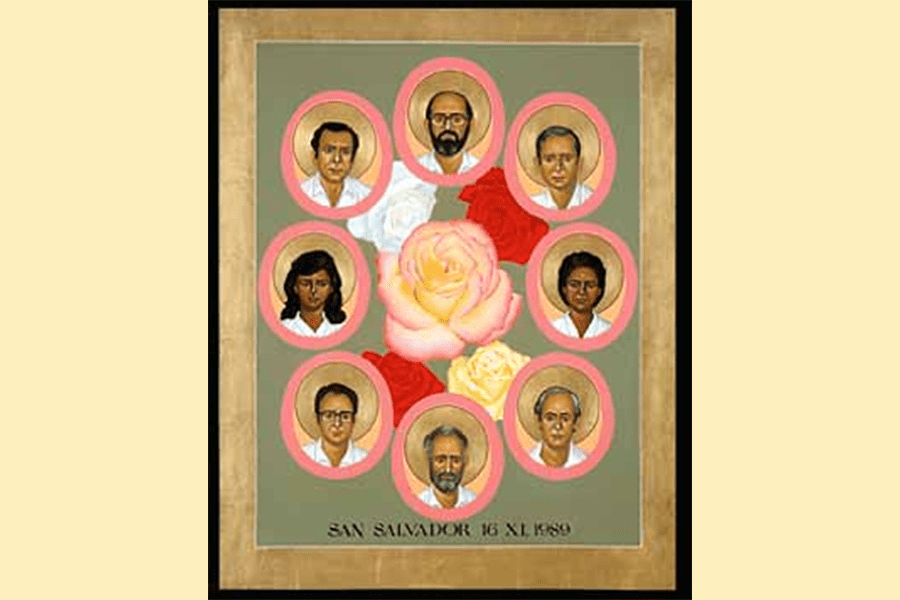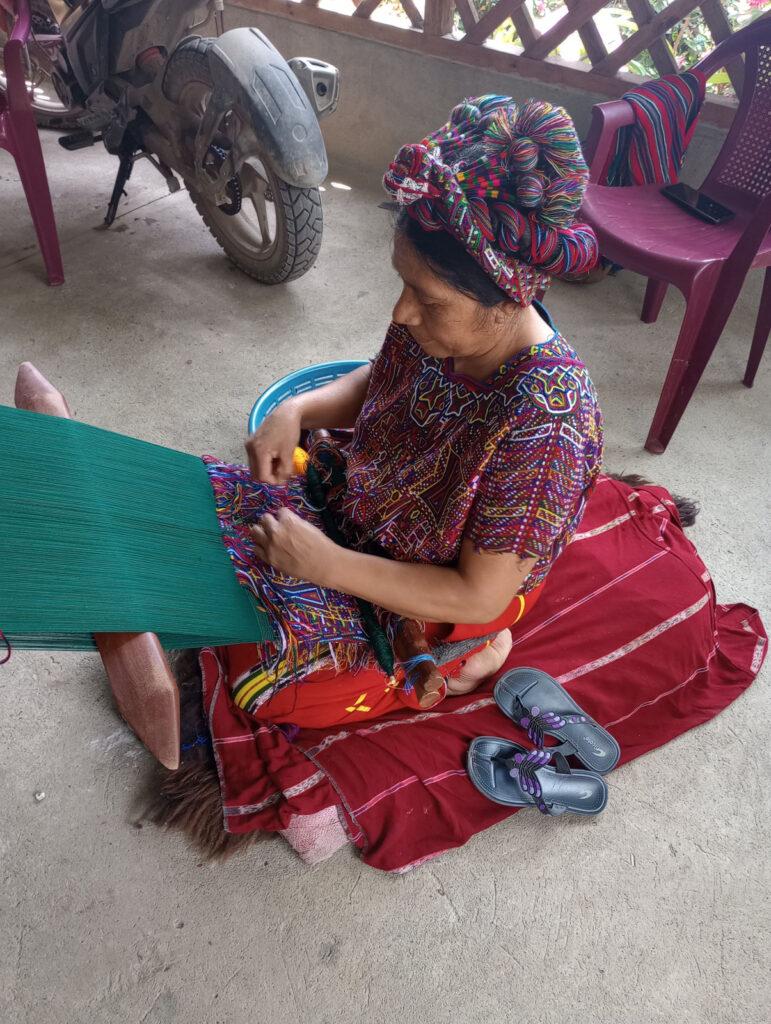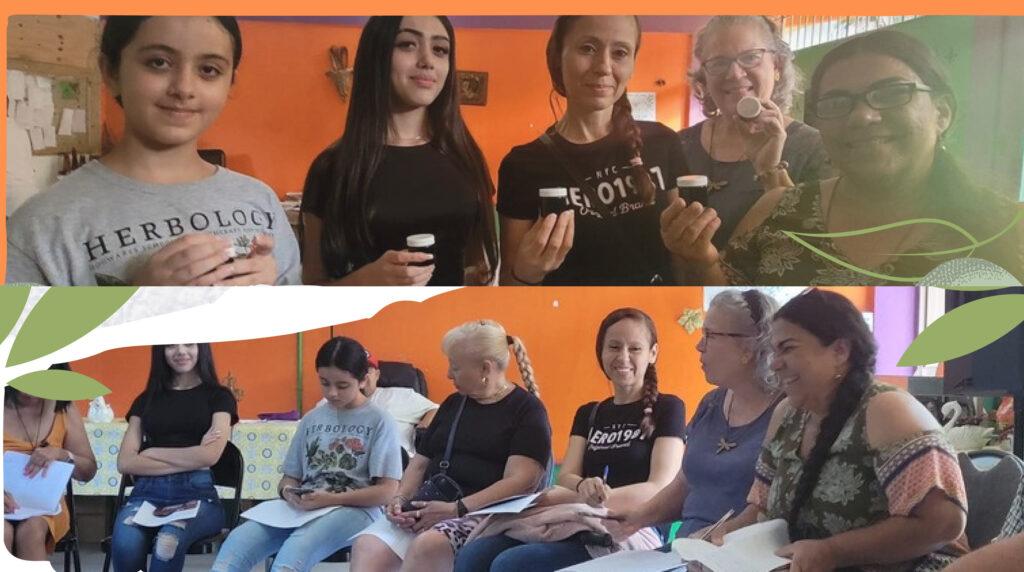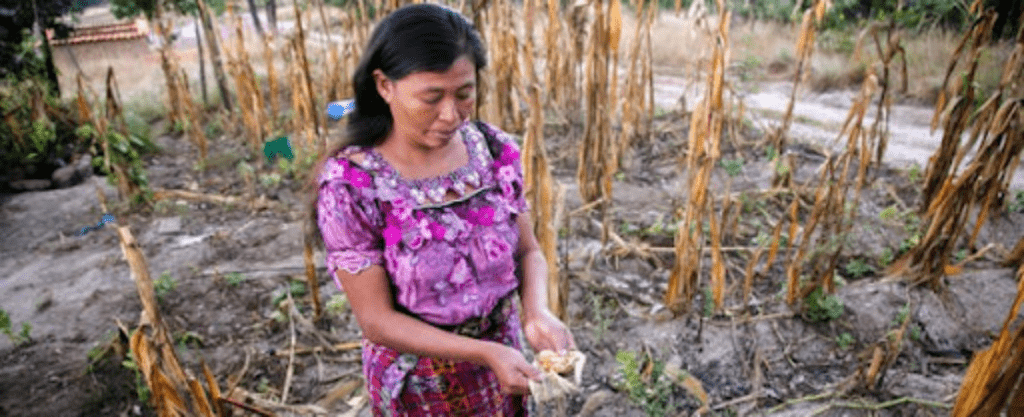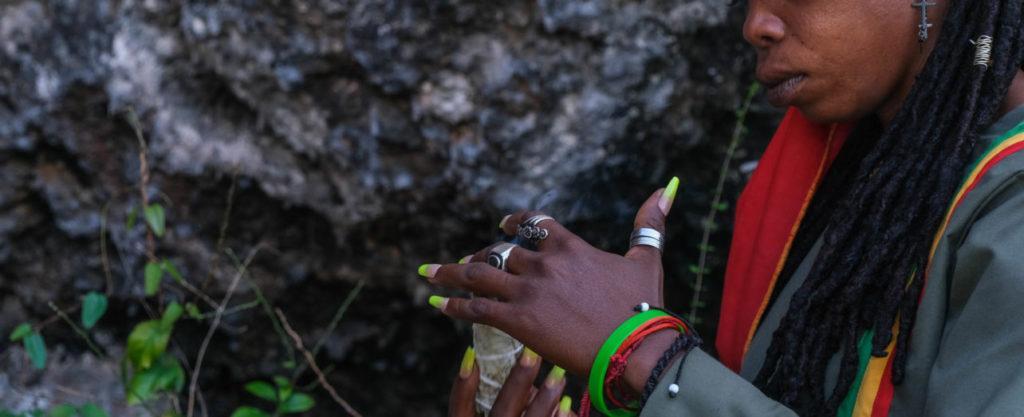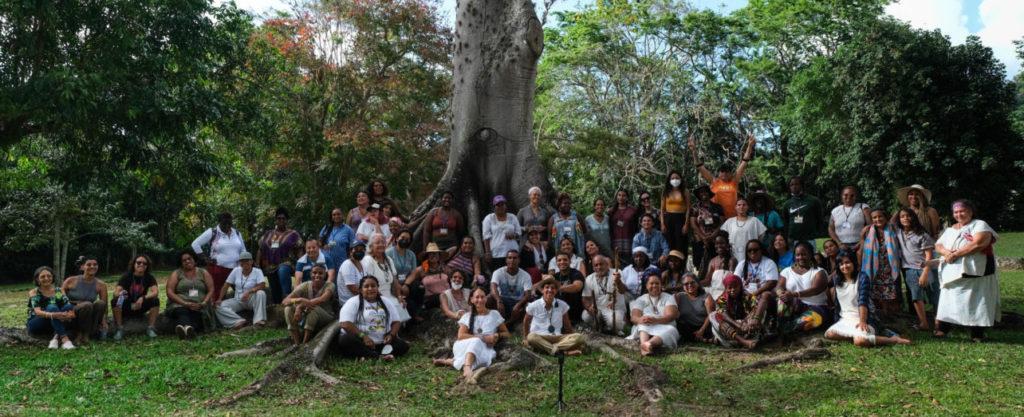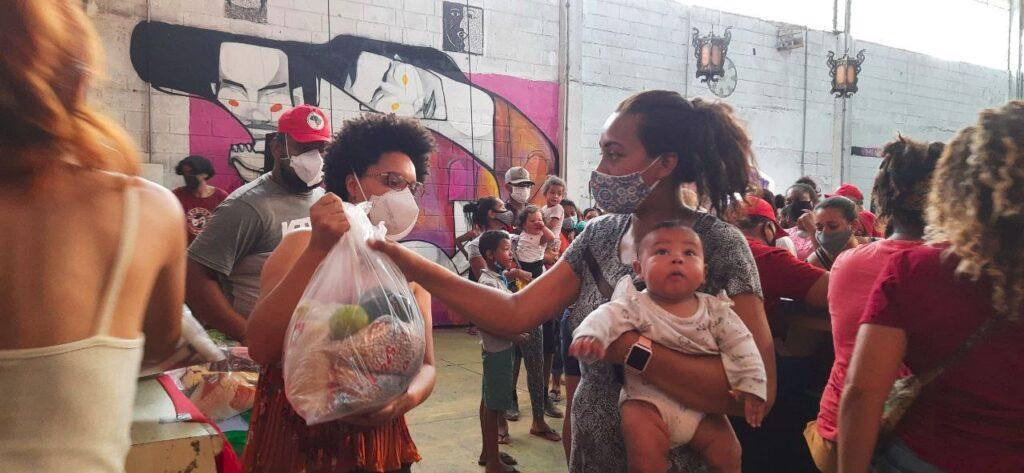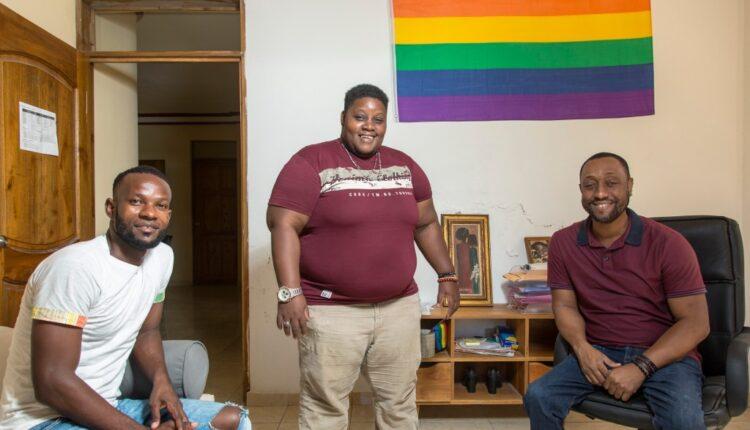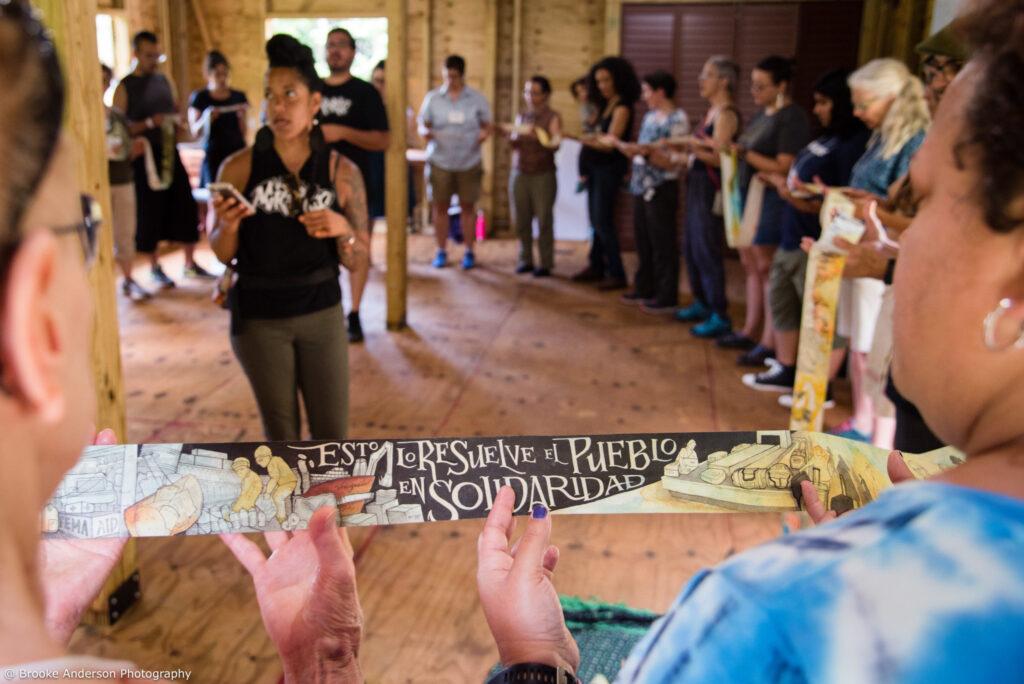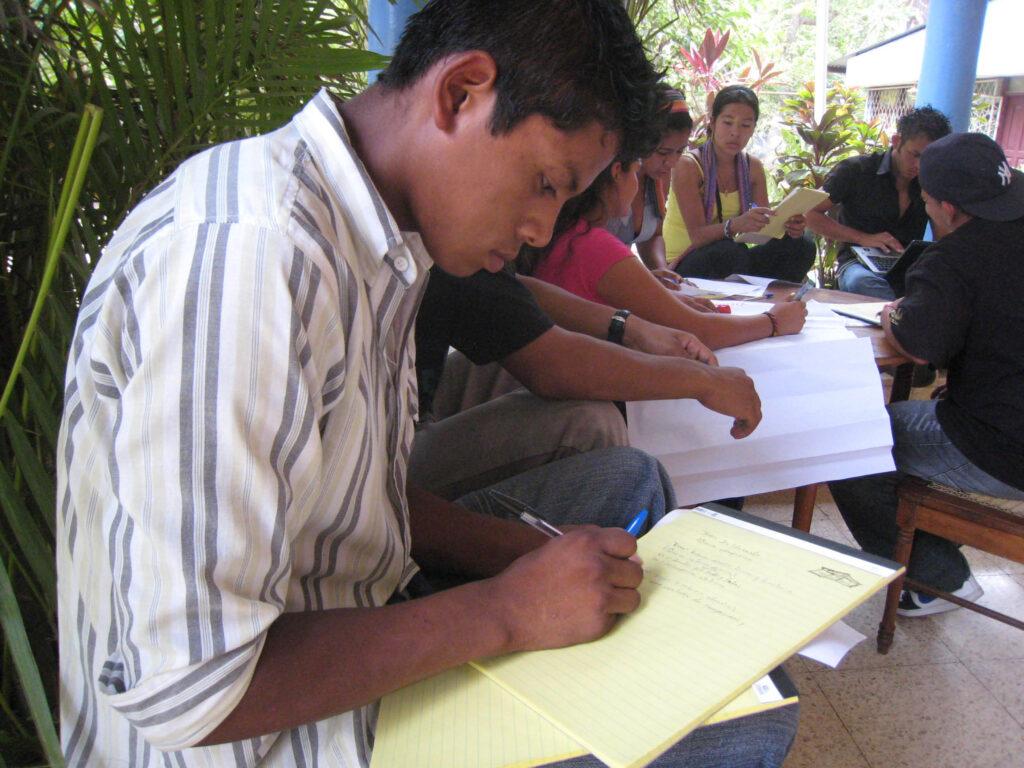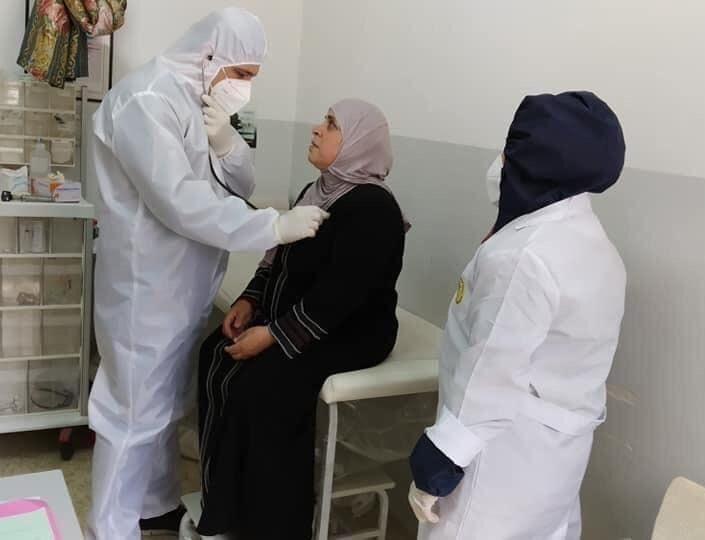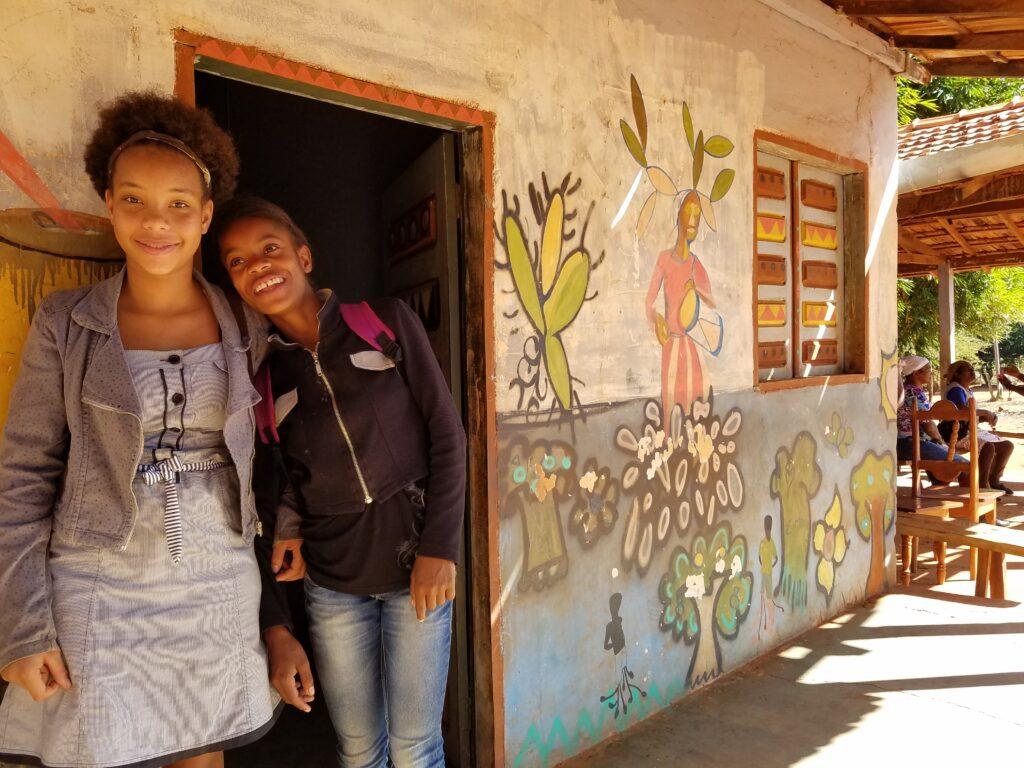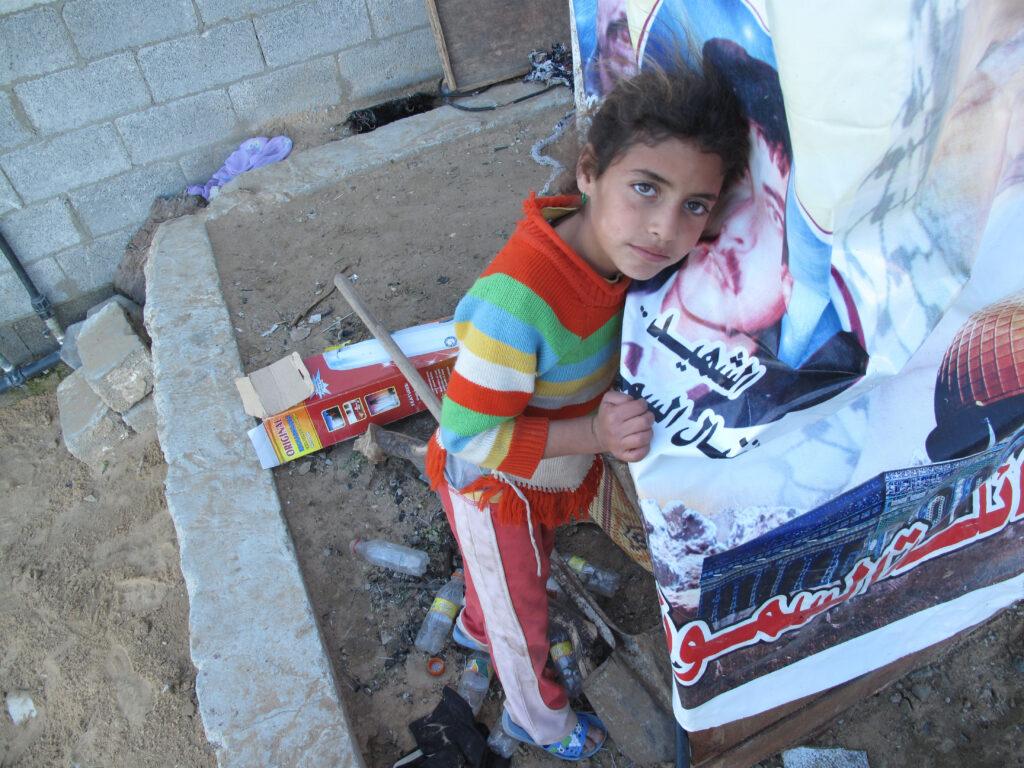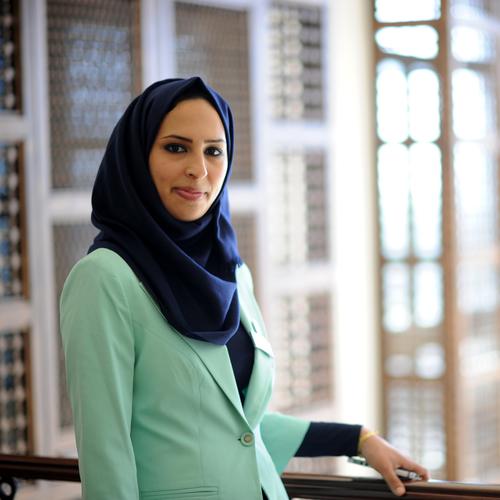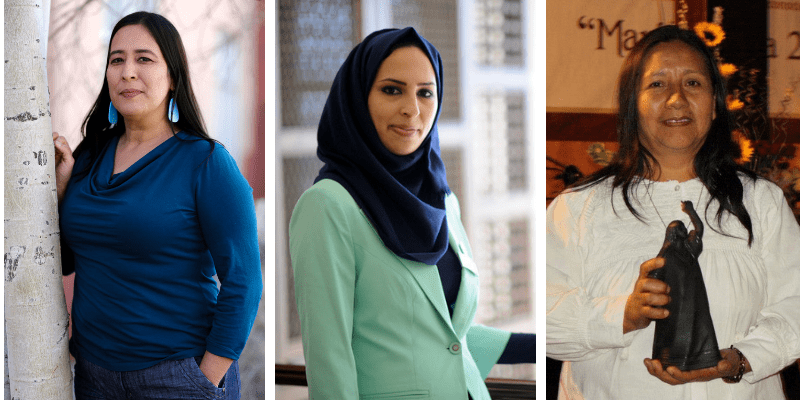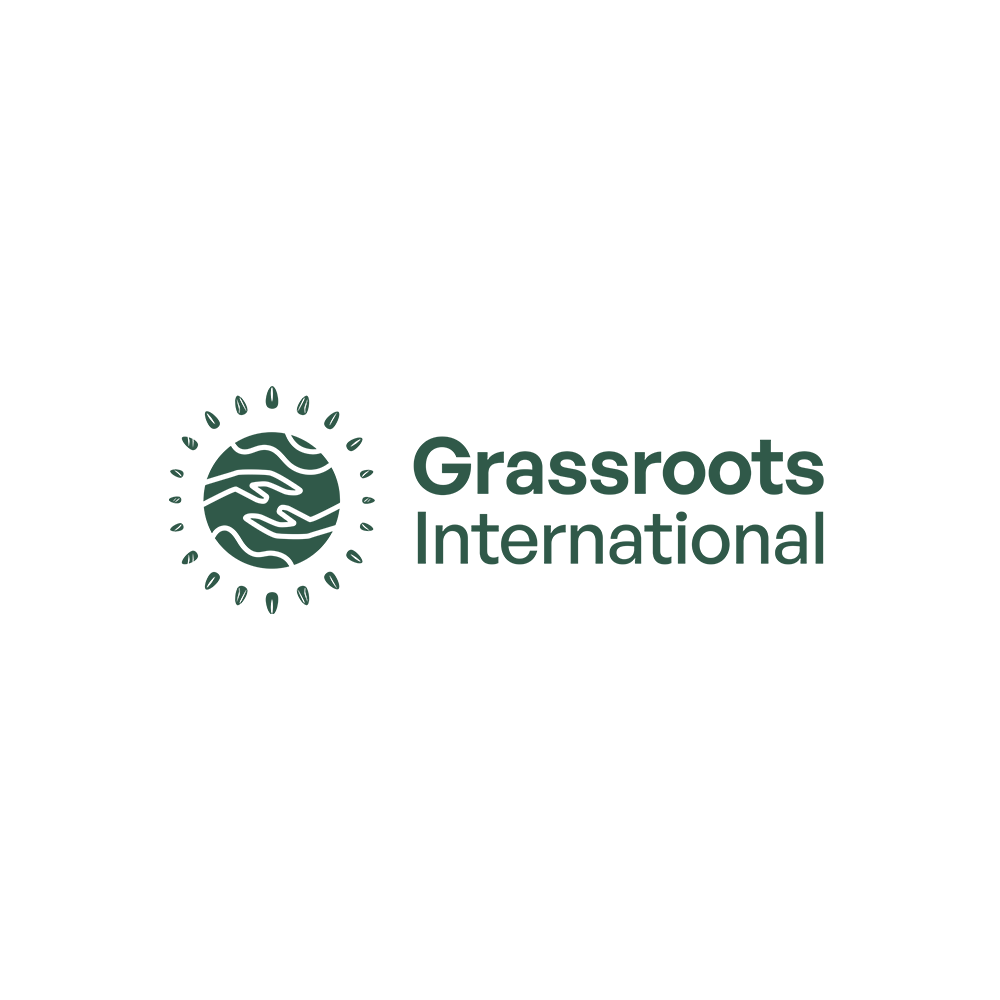
Accompanying efforts focused on healing and wellbeing in the Middle East
In the context of ongoing Israeli settler colonial violence, Palestinians experience intergenerational, chronic, and acute forms of trauma. Conditions such as poverty, food insecurity, and denial of fundamental rights put unrelenting pressure on Palestinian families, while acute events such as home demolitions, encounters with Israeli soldiers or settlers, or Israeli military operations can leave both physical and psychological scars.
Palestinian children in Gaza, who make up 47% of the population, are experiencing a particularly severe mental health crisis. They show their trauma through symptoms such as bedwetting, problems in school or social settings, and temporary loss of the ability to speak. Caregivers are also heavily impacted, with one study finding that 96% of caregivers felt “constantly anxious.”
Recognizing healing as a form of resistance, programs for mental health and wellbeing in Palestine focus on both providing immediate care and ending the underlying conditions of oppression.
Grassroots International partners with:
- Mental health programs serving children, women, and community members who have endured organized violence in Gaza
- A program for Palestinian refugee children in Gaza’s Nuseirat Camp, focused on creative activities that foster self-expression, as well as training for teachers and caregivers tasked with supporting children amidst ongoing structural violence
- Community health workers making home visits to patients in Palestinian refugee camps in the West Bank

